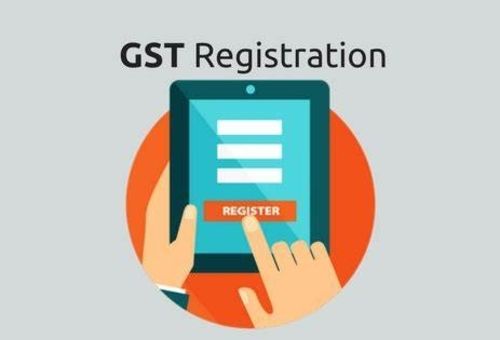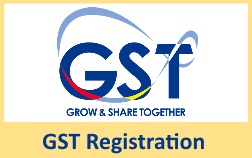From Beginning to End Up: The Ultimate Roadmap to GST Registration for Companies Seeking Financial Security
Navigating the intricacies of Product and Solutions Tax Obligation (GST) enrollment is an essential step for companies striving for financial stability. Breaking down the roadmap into manageable actions can streamline the registration trip for organizations looking to boost their economic standing.
Recognizing GST Essentials
Exploring the basic concepts of Product and Services Tax Obligation (GST) is important for obtaining a thorough understanding of its implications on businesses and the economic situation. GST is a value-added tax obligation levied on most goods and solutions for residential intake. It has actually changed several indirect taxes that existed in the pre-GST period, simplifying the tax framework and improving simplicity of doing service in India. Under the GST system, both solutions and products are strained at a particular rate, which is determined based upon their category. Businesses are called for to register for GST if their yearly turnover exceeds the threshold limitation set by the federal government. Input Tax Credit Rating (ITC) is a substantial function of GST, allowing services to assert credit for tax obligations paid on inputs, minimizing the overall tax problem. Recognizing the fundamentals of GST is essential for businesses to adhere to tax obligation policies, handle their funds efficiently, and add to the nation's financial growth by taking part in a clear tax obligation system.
Eligibility Criteria for Registration
As of the existing guidelines, the threshold limitation for GST registration is a yearly aggregate turn over of 40 lakhs for organizations running within a state, except for special group states where the limitation is 20 lakhs. Furthermore, specific organizations are required to sign up for GST regardless of their turnover, such as interstate vendors, informal taxable persons, and companies liable to pay tax obligation under the reverse fee mechanism. It is critical for companies to extensively assess their turnover and deal kinds to determine their GST registration commitments properly.
Files Needed for Enrollment
Having fulfilled the eligibility criteria for GST registration, businesses must currently guarantee they have the requisite files in area to continue with the registration process efficiently. The files needed for GST enrollment normally consist of proof of organization constitution, such as collaboration action, enrollment certification, or incorporation certificate for different types of companies. Additionally, businesses require to offer files developing the primary place of organization, such as a rental contract or electrical power costs.
Step-by-Step Enrollment Process
Starting the GST registration procedure includes a series of organized steps to guarantee a certified and smooth enrollment for services. The initial step is to check out the GST portal and fill in the enrollment form with precise information of the service entity. Following this, the candidate obtains a Momentary Reference Number (TRN) which is utilized to return to the application procedure if it's not completed in one go.
Following, all needed files based on the list supplied by the GST portal requirement to be submitted. These records normally consist of evidence of organization address, identification and enrollment evidence of marketers, economic declarations, click for info and business entity's PAN card.

Post-Registration Conformity Guidelines

Final Thought
Finally, services looking for monetary stability needs to recognize the essentials of like it GST, meet qualification standards, collect essential papers, adhere to the step-by-step registration process, and conform with post-registration guidelines - Best GST registration services in Singapore. By sticking to these actions, companies can ensure conformity with tax obligation policies and maintain economic security in the future
Additionally, certain organizations are called for to register for GST irrespective of their turn over, such as interstate vendors, casual taxed individuals, and services responsible to pay tax under the reverse cost system.Having met the eligibility criteria for GST enrollment, services need to now ensure they have the requisite records in location to proceed with the registration procedure efficiently. The documents needed for GST enrollment normally include proof of business constitution, such as collaboration deed, registration certification, or unification certification for different types of organizations. Furthermore, services require to offer documents establishing the primary location of company, such as a rental arrangement or electrical energy costs.Beginning the GST enrollment procedure involves a collection of organized steps to make sure a compliant and smooth enrollment for companies.